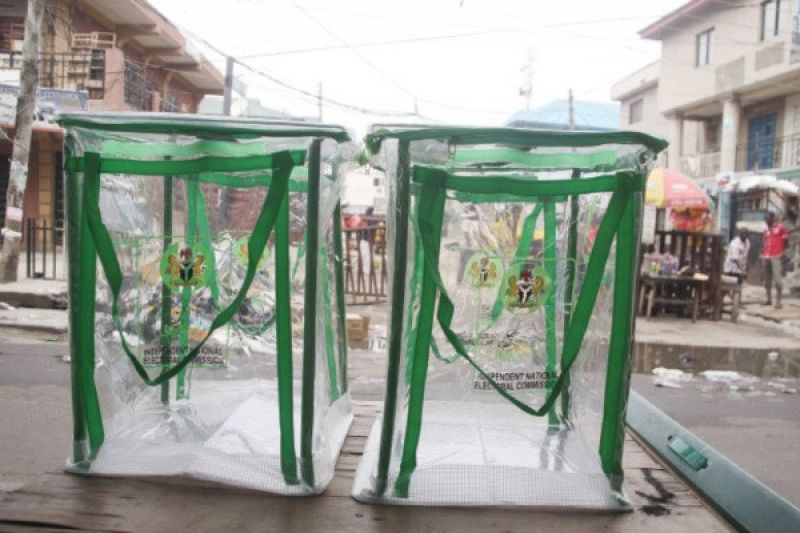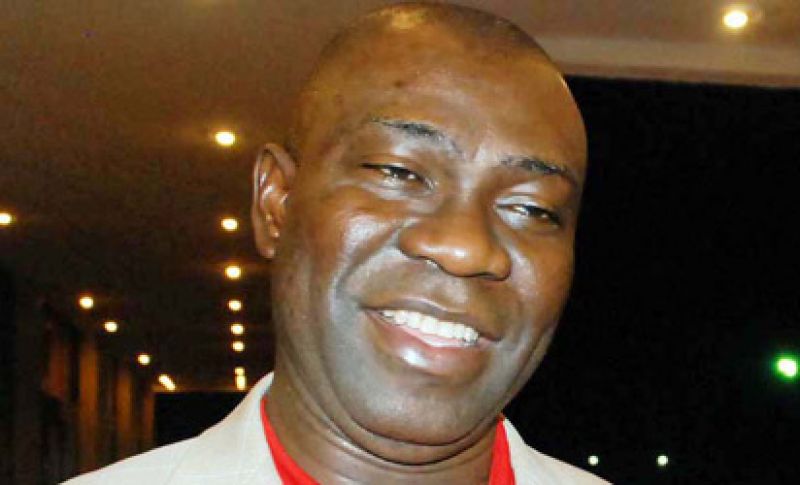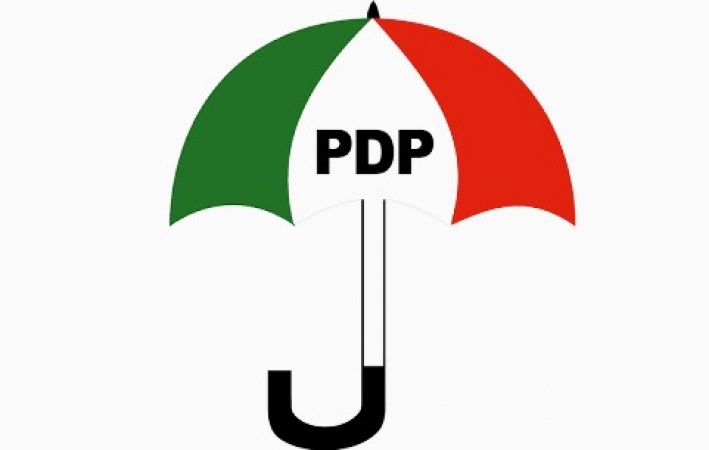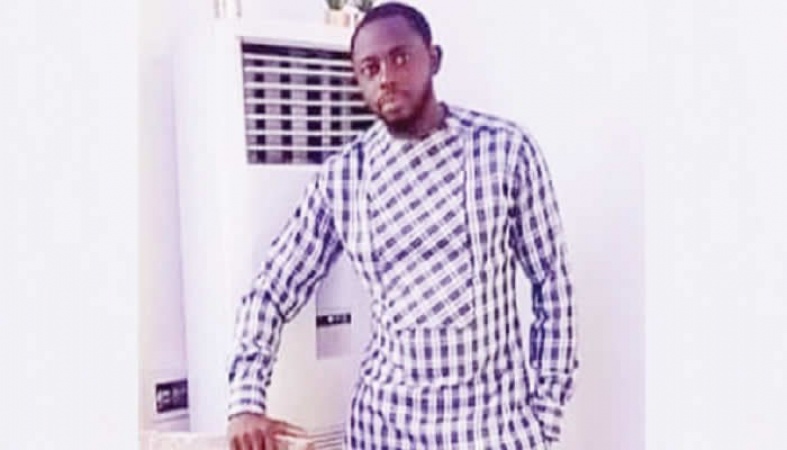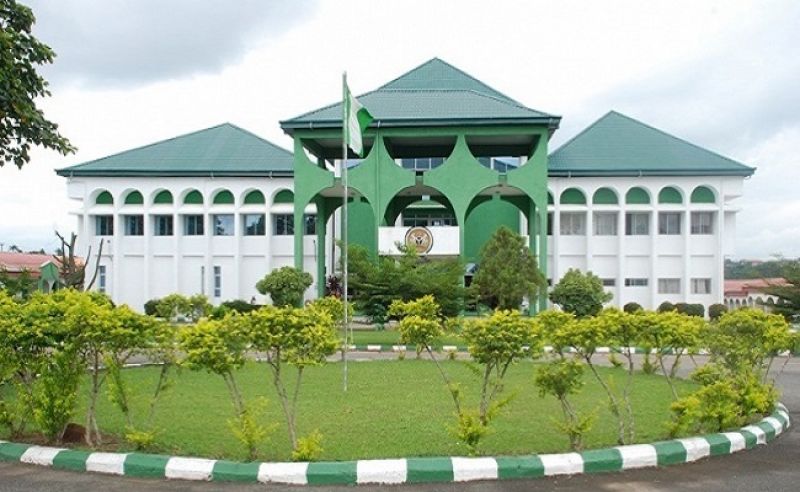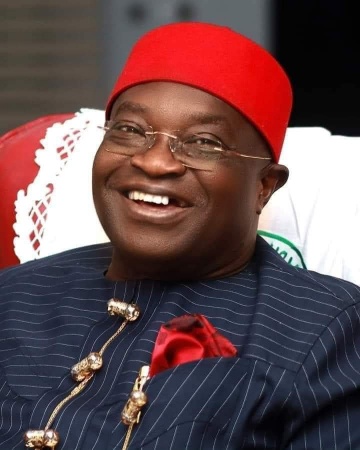Buhari’s Indistinct Body Language
Posted by admin | 9 years ago | 7,609 times

Onthewatch
Struggling between allegations of nepotism and a nothernisation agenda, President Muhammadu Buhari has an unsavoury but familiar battle to contend with. Adedayo Adejobi writes
For Nigerians at home and in the Diaspora, it is a long wait for the appointment of ministers, key public office holders, who would in turn help to re-shape and carry out the intents of new administration. The ‘long-suffering’ silence and suspense-filled drama of the administration seems to have reached an all-time low, when President Muhammadu Buhari announced a few kinsmen to fill a few of the appointment so far announced. It is worthy of note that since he was sworn in, well over seven weeks now, his discreetly unnerving nature has seen him name and announce only a few key personnel. Does this mean that the President had no clue what he was getting himself involved in?
For a nation with a thousand and one languages, ethnic tribes and religion, it is only natural to have seen various levels and degrees of resentment. These concerned parties and stakeholders, who double as Nigerians firstly, no doubt feel sidelined in the scheme of things.
With heightened disquiet, Nigerians all over the world are raising structural criticism on the Buhari administration, accusing him of operating a northern agenda or simply put – nepotism! In replying, the president said he had a national agenda. How national is his agenda is the question raised?
People hold the view that the appointments are lopsided and not seemingly representative of the characters of the country. Appointing his kinsmen for the good of the ‘party’, promoting northern agenda, values, the cabinet smells strongly of nepotism – western style ‘old boy’ preference network. The President falls into that parable of a man at work, making something which he feels will exist because he is working at it and wills it; exercising the energies of his mind and soul as well as of his body. Memory and imagination help him as he works. In school, they call in bullying, but at wok they call it upper level management.
For the record, President Buhari is from Katsina State, Senate President Bukola Saraki and House of Representatives Speaker, Yakubu Dogara, are from Kwara and Bauchi states respectively. The judiciary is led by Justice Mahmud Mohammed from Taraba State.
Of the nine appointments made by Buhari so far, eight are from the North, while one is from the South. The appointments are: Director-General of the State Services, Lawal Daura, Katsina State; Acting Chairman, the Independent National Electoral Commission, Mrs. Amina Bala Zakari, Jigawa State; Director, the Department of Petroleum Resources, Mr. Mordecai Danteni Baba Ladan; and the Accountant-General of the Federation, Alhaji Ahmed Idris, Kano State.
Others are the State Chief of Protocol, Mallam Lawal Abdullahi Kazaure; Aide De Camp, Lt.-Col. Muhammed Lawal Abubakar, Kano State; Senior Special Assistant on Media and Publicity, Mallam Garba Shehu; and Special Adviser on Media and Publicity, Mr. Femi Adesina, South-west.
The appointments, however, have drawn the ire of Nigerians who asked Buhari to respect the country’s principle of federal character. Already, the social media and the blogs are awash with reactions and counter-reactions on the matter, as Buhari is being accused of appointing only Northerners into key positions announced so far. An angery Nigerian reacting to the development recently said, “After all his promises, there is nothing he achieved other than appointing all the people in his family tree, touring the world.”
Buhari seems to be letting those who voted him down, because his appointment of only Northerners into top positions is baffling. A key indication in those directions is his wrong move to have brought Daura, the acting DSS DG, from retirement to head the agency, when there were equally qualified persons from other regions of the country still in service.
Instead, he ignored the entire senior cadre of the agency – from Bassey Eteng to the least – simply because they are Southerners. Even if he wanted to pick a Northerner, he should have picked from the service rather than a 62-year-old retiree, whose only qualification is being Buhari’s kinsman, and being a former Director Secret Service. When former President Goodluck Jonathan appointed Ekpenyong, he was already a Director of Operations, same for Gadzama, who was appointed by Umaru Yar’Adua.
In this 21st century, where young, vibrant, sharp minds and technology savvy hands are needed to clean the alleged mess inherited by his administration, Buhari seems to be fitting square pegs in round holes. Nigerians are of the opinion that it’s not a bad idea to sack. But the sacking spree is seemingly taking a chunk of his small but valuable time needed to effect the promised “change’’, especially for a country faced with myriad of challenges, ranging from insecurity to terrorism, unemployment, and increased austerity measures.
More disheartening is the act of ethnic sentiments, his insensitivity to the malaise of ethnic distrust in the country, nepotism displayed with a “who will question me” attitude in the process of the appointments. The wise leader is advised to henceforth tread cautiously around this landmine, as Nigerians wait to see how he would patiently navigate his way out of the palpable ethnic bias. To say that Nigeria’s strength is derived from her diversity, therefore means any government that wishes to succeed must draw from her diversity, and not limit itself to the talents from one region in a multi-ethnic and multi-religious Nigeria.
It will be insensitive of the president to make lopsided appointments comprising mainly Northern Muslims. It is worthy of note that it has never happened in the political history of Nigeria, and Buhari wouldn’t want it to begin with him. What of the Christians and the Southerners? President Buhari knows that former President Goodluck Jonathan, as criticised as he was, started with greater goodwill than this in 2011 and he ran it aground in four years. He should not make the same mistake.
If in his words, he admitted that “He belongs to everybody and does not belong to anybody,” Nigerians are holding him to his words should he tactically renege on them. The fact that the President, Senate President and the Speaker of the House of Representatives are from the North is worrisome. There is no way the North can take all the key positions and leaves the less important ones to the rest of the country, same whose votes brought him into office. It has never happened before and the earlier it is reviewed, the better. There is no way that can continue because the South is not subordinate to the North and vice versa.
Perhasps, it was in view of this that Buhari hurriedly dissolved and re- appointed two southerners as a part of the service chiefs and the National Security Adviser. In total, the northern extraction of the Nigerian population seems to have more space in his appointments, making for a lopsided approach and a perceived northern agenda.
One of a few indications that appear more worrisome is that the immediate past INEC Chairman, Prof. Attahiru Jega, handed over to a Southerner but the Presidency changed it to a Northerner. Buhari in the best interest of democracy and national interest is not expected to use the North to marginalise the South now that power has shifted to the region.
His appointment of a few outside the northern concentration offers temporary respite, but should this lopsidedness continue, the country which has already been divided along religious lines might be heading towards conflict. It is important that in making his appointments, the President should recognise that there are six geo-political zones in the country and it is imperative that he carries all of them along in the spirit of nation building and statesmanship.
Nigerians expect President Buhari to recognise other nationalities that make up Nigeria except he is the President of the North alone. With the elections long over, real democratic governance beckons, with expectations hinged on principles of federal character and constitutional rights of every Nigerian being entrenched in policy formation and respected accordingly.
Buhari’s seeming disposition by way of succumbing to ‘ill-advice’ from individuals with palpable parochial interests, demonstrates that he came to power to reverse some of the positive steps made by Jonathan, who gave consideration to Nigeria’s ethnic plurality in his appointments. In Nigeria’s best interest, the seeming Northern agenda should be dropped, as seeing Buhari govern Nigeria in line with the constitution which he sworn to protect would uphold the nations unity and lay true credence to the ‘change’ mantra of his administration.
Buhari hasn’t got all the time in the world to clear the lingering perception of an open northern agenda, and sensitivities that he is trapped by some influential forces around him, who are influencing most decisions, particularly in the areas of appointments.
Equality and meritocracy seem a fantasy as nepotism is the name of the new game. The electorate seems to have expectations and is seemingly reaping a disappointment already. For a man seemingly fighting corruption, the words of Daniel Alarcon, ‘‘nepotism is the lowest and least imaginative form of corruption, from his book, “At Night, We Walk in Circles”, might ring through a discerning mind.
Copied from Thisday Iive
Readers Comments
comment(s)
No comments yet. Be the first to post comment.
